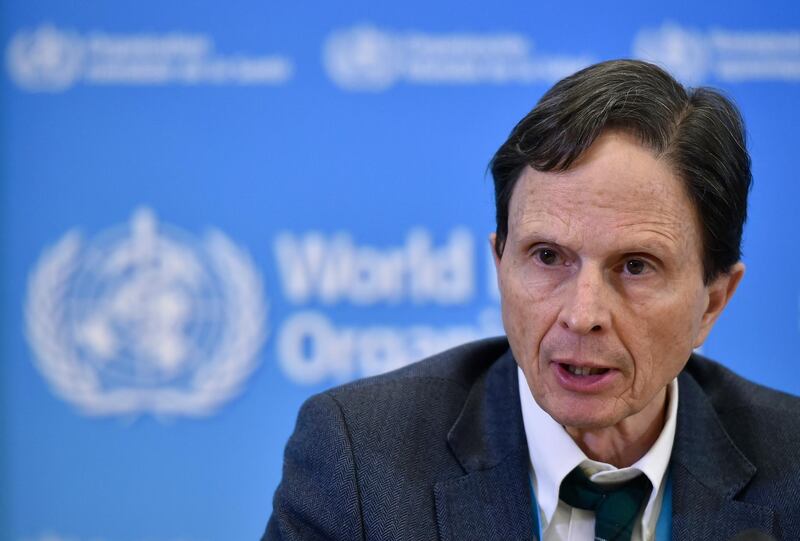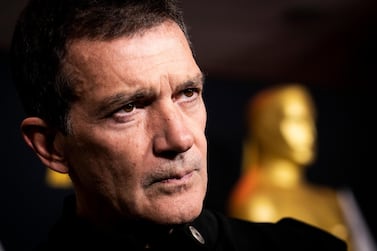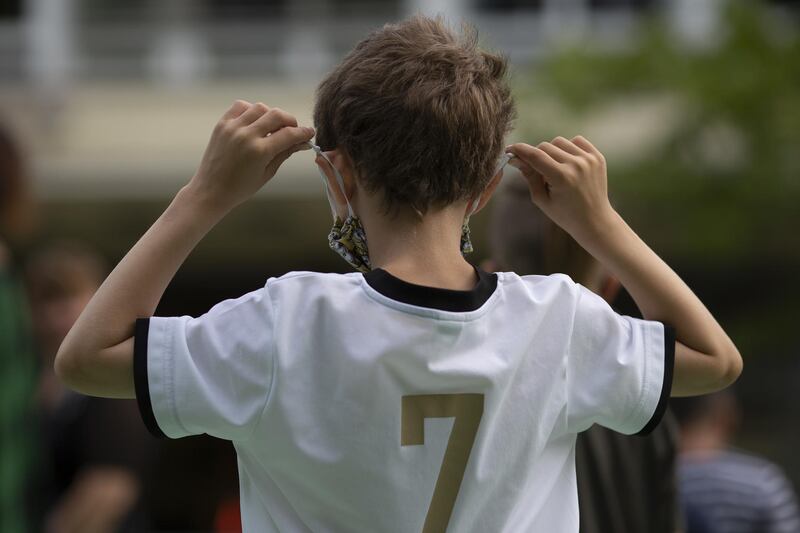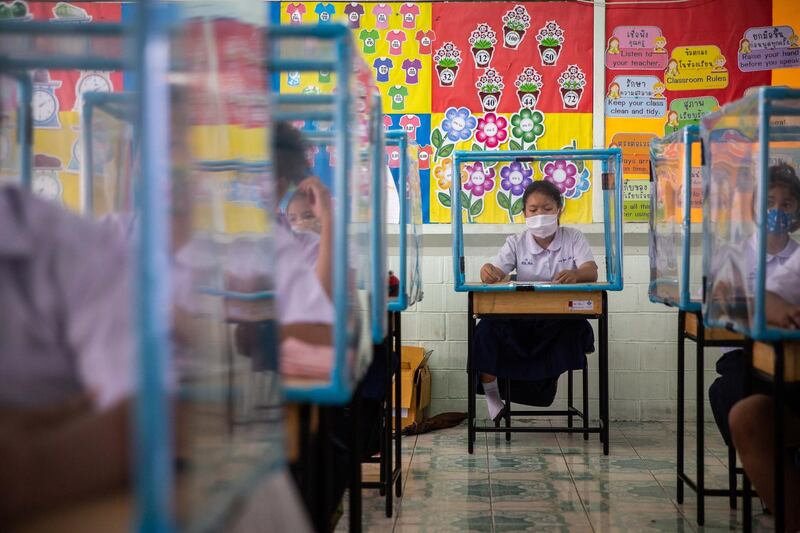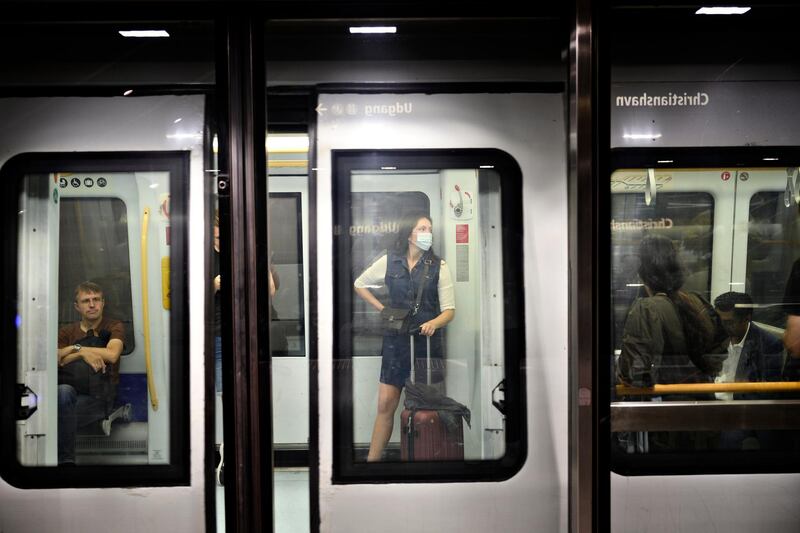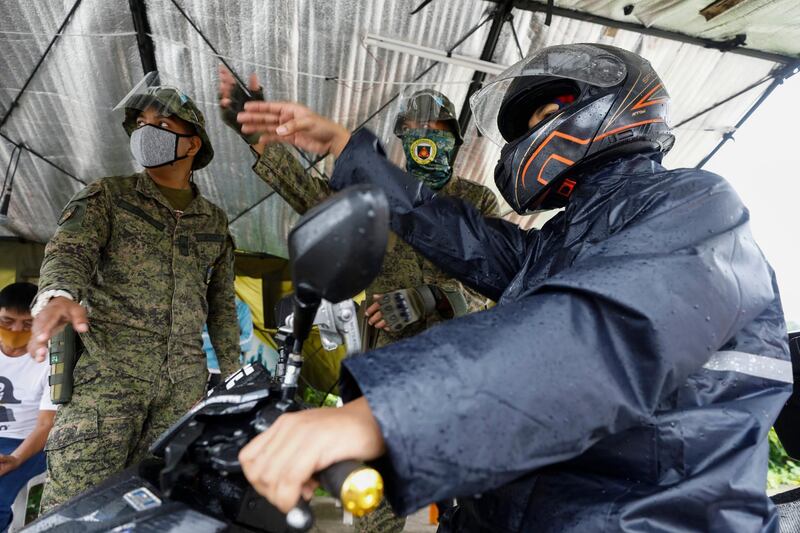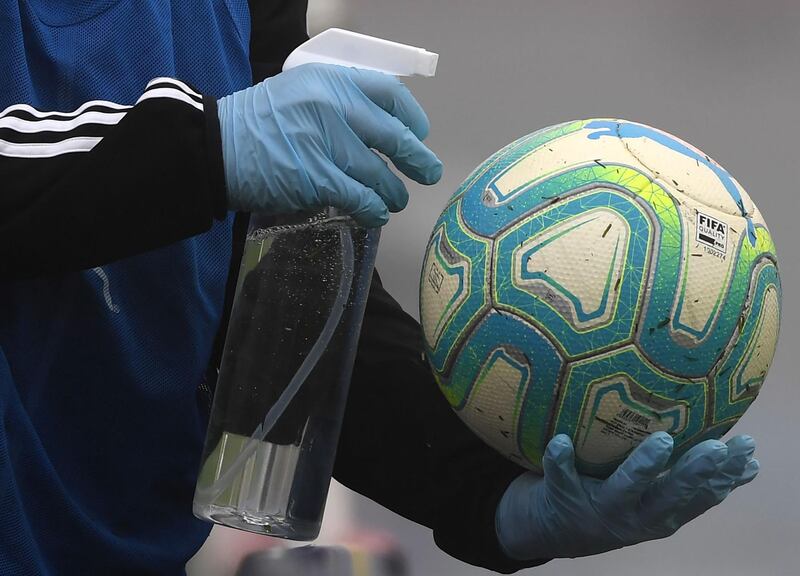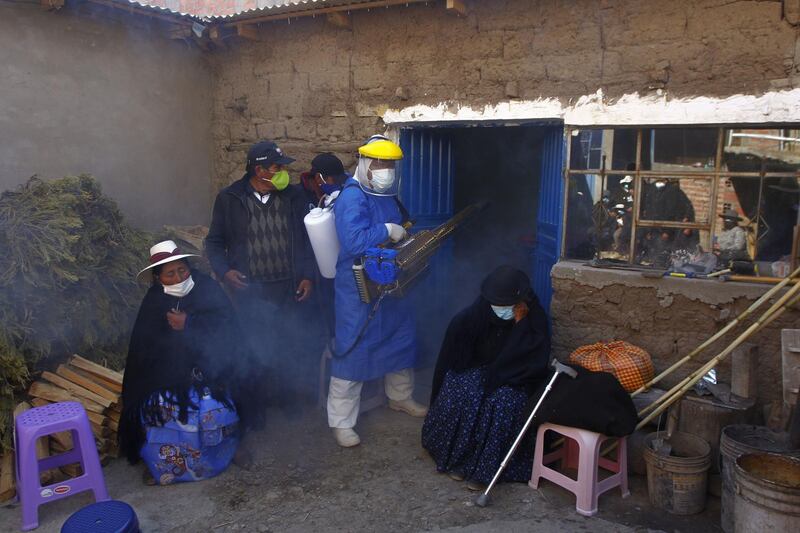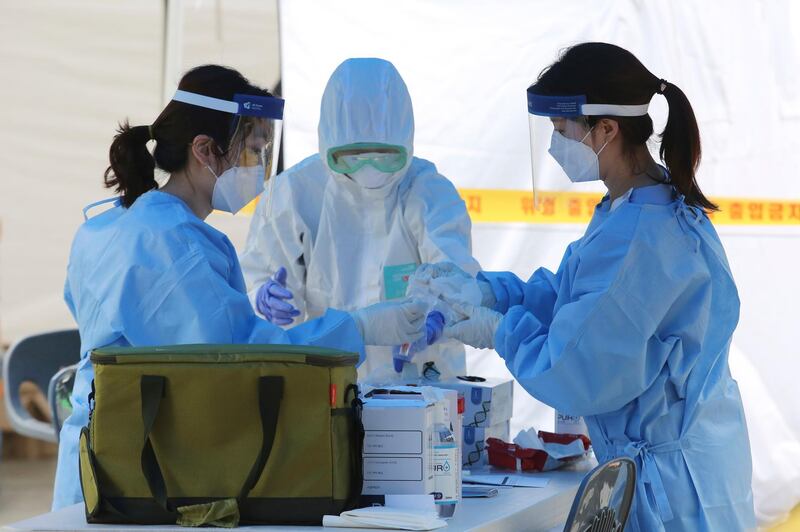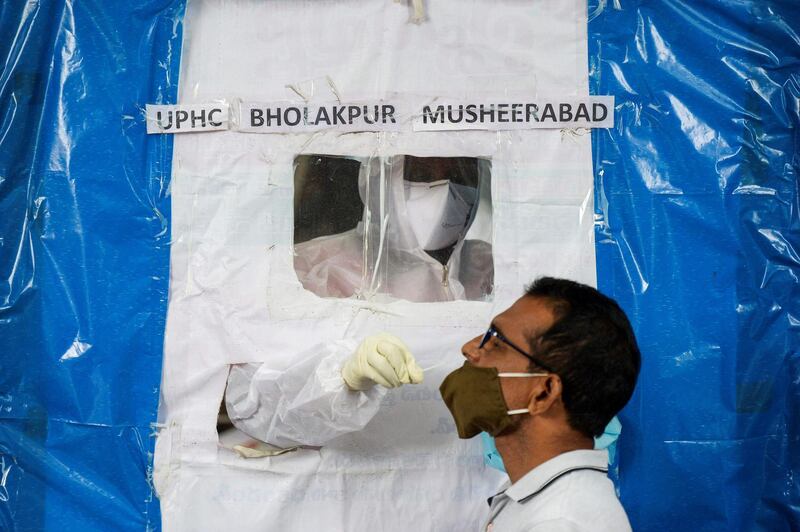People have to be prepared for the coronavirus to mutate into a more virulent strain or for the possibility that new vaccines will prove ineffective, a leading former World Health Organisation scientist has said.
The only way the world can combat the virus effectively is through stringent track-and-trace measures that will lead to multiple local lockdowns, said Professor David Heymann in an interview with The National.
He said that as an RNA virus, Covid-19 could change and become deadlier. “These viruses are not stable and might mutate in such a way to become less severe or more severe, or more transferable. It’s very difficult to say.”
Mr Heymann is one of the world’s most experienced infectious disease specialists having dealt with the early Ebola outbreaks in Africa during the 1970s and Sars in 2003 with the WHO. He is currently a distinguished fellow in Global Health Programme at the Chatham House think tank.
While hopes remain high for a vaccine in the coming months, Mr Heymann said people had to be prepared that it might not be ready for a year or be 100 per cent effective.
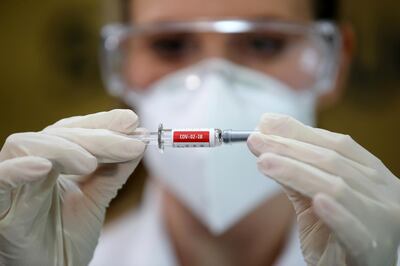
"It's not a done job when a vaccine is licensed, that's just the beginning. We won't know how long immunity lasts – it might just be six months. It also depends on how many booster doses need to be given," he told The National. "We don't even know if it will be effective in the short term and we don't know when it will be ready. Most people think the middle of next year."
With many European countries now adopting localised lockdowns – Britain in recent weeks has shut down Manchester, Preston, Leicester and Aberdeen – Mr Heymann believes this will be the template for containing Covid-19. “It’s about finding where a transmission is occurring and it’s about interrupting that transmission from the source. Once Covid is interrupted you can open up again.”
With more than 20 million people infected during the pandemic and substantial rises in Africa and the American continents, he believes Covid-19 is continuing to spread in a westward direction from China. But he added that the mortality rate was still significantly lower than many other diseases.
Mr Heymann, the former head of the WHO’s Emerging and Communicable Diseases Cluster, believed the death rate in the Middle East was low because sensible precautions had been taken to protect the elderly.
He added that cancelling or substantially cutting down the Hajj pilgrimage in Makkah was effective in stopping the spread. “The Middle East has always been very careful in taking precautions after the cholera and meningitis outbreaks in places like Makkah during the Eighties.”
The American-born medic, 73, who had travelled from London to Zurich before the interview, believed that planes were a safe way to travel.
“There’s been no real transmission on an airplane that’s been documented. They are safe forms of transport. People are not face to face as they are in pubs where laughing and chatting transmits droplets. Also, the circulated air is filtered and replaced every two or three minutes in an aircraft and if masks are worn this will further prevent transmission.”
The high US infection rate, where more than five million people have contracted Covid-19, has in part been caused by President Donald Trump ignoring the advice of the Centres for Disease Control and Prevention, with which Mr Heymann worked for 13 years as a medical epidemiologist in Sub-Saharan Africa.
“Right now America’s head of state is challenging everyone else and he got rid of the CDC early saying, ‘We don’t listen to them.’”
The best way to combat the coronavirus for now was for people to make sensible risk assessments and take personal hygiene seriously. “We just don’t know what the destiny of this virus is,” he added.
_______________
